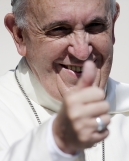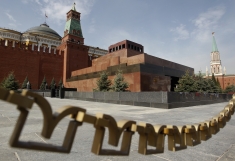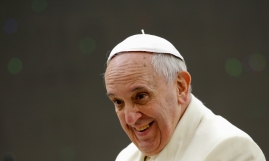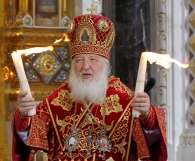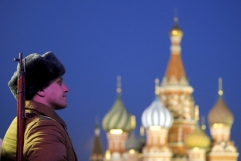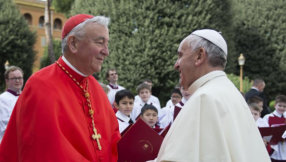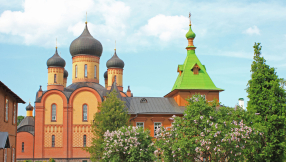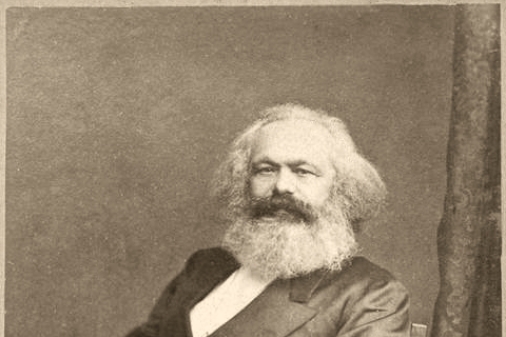
One thing everyone knows about Karl Marx is that he was an atheist. As his famous saying has it: "Religion is the opium of the people."
But what did he actually mean?
Karl Marx was the founder, with his collaborator Friedrich Engels, of the Communist movement. They had a profound awareness of the injustice of the world, in which industrialists and landowners concentrated wealth in their own hands while thousands of the labouring poor worked in terrible conditions to support them (Engels came to this view by studying the appalling conditions of the working class in the cotton mills of Manchester, where he lived from 1842-1844).
Marx thought religion was a fantasy designed to make life bearable for the poor. But opium, as he knew very well, wasn't just a drug that dulled the senses and made people sleepy. It was, and is, a powerful hallucinogenic that sent them into a world of the imagination that was far more exciting and fulfilling than the one they really inhabited. One of the classics of English literature is Thomas de Quincy's Confessions of an English Opium-Eater, published in 1822, only 20 years before Marx wrote. He may have read it and would certainly have known about it. De Quincy vividly depicted the mind-expanding effects of opium.
Furthermore, in Marx's day people didn't have the same suspicion and disapproval of recreational drug use. Opium was also used in medicine as a sedative and painkiller. It was, on the whole, socially acceptable and generally useful.
So when he said religion was the opium of the people, he meant something quite different from what we might imagine. In the same passage he says: "Religious suffering is, at one and the same time, the expression of real suffering and a protest against real suffering." However, he was opposed to it because he thought it reflected a yearning for a better world, while at the same time reducing people's will to strive for it.
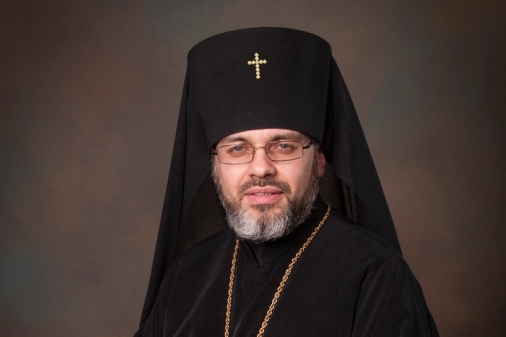
He goes on: "The abolition of religion as the illusory happiness of the people is the demand for their real happiness."
And in context, his reference to opium is eloquent and moving. He says: "Religion is the sigh of the oppressed creature, the heart of a heartless world, and the soul of soulless conditions. It is the opium of the people."
Communism was a terrible totalitarian system which was responsible for dreadful suffering, which Marx and Engels couldn't have foreseen. Christians would reject his critique of religion, while accepting that it can sometimes find itself used to back up bad governments and unjust policies. But when he says that it's the "sigh of the oppressed creature" and the "heart of a heartless world", he's talking our language. Christian faith tells us that the injustice of the world is wrong, that it's not what God intends and that he wants us to change it.
Christians want to say that our faith doesn't remove us from the world, it grounds us in it. It makes us want to love people as Jesus did and change their lives for the better. Christian faith is the greatest force for social change imaginable – and along with its failures, it's delivered huge blessings.










